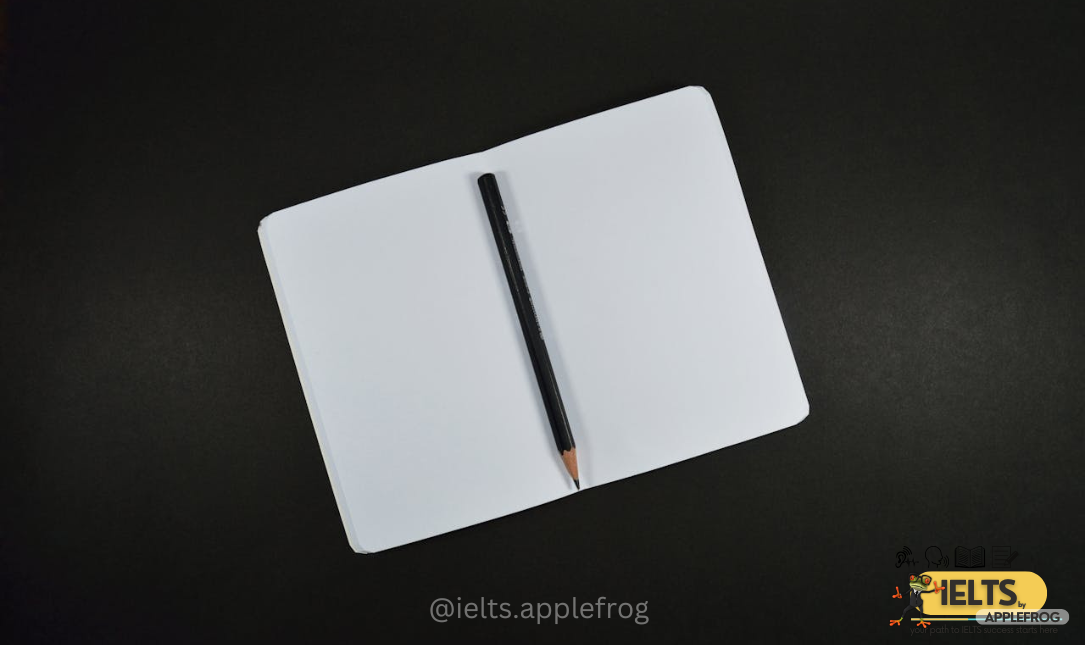
Preparing for the IELTS writing test? Many candidates pour significant effort into practicing their essay-writing skills. After all, this module evaluates essential aspects such as vocabulary, grammar, spelling, and coherence. Success often depends on mastering essay writing.
Facing Challenges with Writing IELTS Task 2 Essays?
Starting an essay can be intimidating. Even experienced IELTS instructors acknowledge that the hardest part is crafting an introduction. Fortunately, understanding the purpose of an introduction can make the process much easier.
Why is the Introduction Important?
- It introduces the essay topic.
- Captures the reader’s interest.
- Outlines the essay’s structure.
- Provides clarity on what the essay is about.
Keep in mind that while a captivating introduction might not be necessary for IELTS, a clear and concise one can save precious time during the 40-minute essay-writing task.
Structuring Your Introduction
A well-structured introduction sets the tone for your essay. Typically, it comprises two parts:
- General Statement: Provides background and introduces the essay topic.
- Thesis Statement: States your stance or the main argument of your essay.
Quick Tips:
- Keep your introduction to 2-3 sentences.
- Aim for approximately 50 words.
- Avoid specific examples; save them for the body paragraphs.
How to Write General Statements
General statements provide background information and context for your essay. The key is to paraphrase the question using your own words, which can also boost your IELTS score.
Example:
Question: Many cities today are dealing with overcrowding and traffic problems.
Discuss the causes and suggest solutions.
General Statement: Urban areas across the globe are increasingly facing challenges such as overcrowding and traffic congestion, which require immediate attention.
Crafting a Strong Thesis Statement
Your thesis statement is the backbone of your essay. It provides a concise summary of your response to the question and helps keep your argument focused.
How to Write It:
Identify the type of essay question (e.g., Opinion, Discussion, Problem-Solution) and clearly state your stance.
Example for an Opinion Question:
Question: Governments should prioritize renewable energy over fossil fuels. Do you agree or disagree?
Thesis Statement: While renewable energy offers significant long-term benefits, I believe a balanced approach that includes fossil fuels is essential during the transition phase.
Adapting Thesis Statements to Different Question Types
Tailor your thesis statement to match the essay question type. Here are examples for common question types:
Discussion:
Question: Some people believe online education is better, while others prefer traditional classrooms. Discuss both views and give your opinion.
Thesis Statement: While online education offers flexibility, I believe traditional classrooms provide a more comprehensive learning experience.
Problem and Solution:
Question: Increased screen time among children is a growing concern. What are the causes, and how can this issue be addressed?
Thesis Statement: Excessive screen time among children is often driven by easy access to technology and lack of outdoor activities. Encouraging physical play and setting screen limits can help tackle this issue.
Remember, clarity is key. A strong introduction not only sets the stage for your essay but also makes a positive impression on the examiner. Practice regularly to familiarize yourself with different question types and improve your confidence.
Good luck, and happy writing!











 Here can be your custom HTML or Shortcode
Here can be your custom HTML or Shortcode
0 Comments